Average sizes and life expectancy for this breed:
British Longhairs are closely linked to the British Shorthair in terms of their shared history. The main difference between the two breeds is the British Longhair's long, soft coat that came about in the 20th century when British Shorthaired cats were cross-bred with imported long-haired breeds such as the Persian and Turkish Angora. Throughout history, the British Longhair has been known to be an efficient hunter and was once considered to be a protector of Roman soldiers' goods when they occupied Great Britain. Today, the British Longhair is a much-loved breed that prefers to snuggle up with the family and also enjoys occasional play sessions.
Male and female British Longhairs vary a bit in personality. The easy-going males want respect but welcome attention from anyone, whilst the more serious females are true British ladies because of their proper form and etiquette. These devoted and dedicated feline companions love to be around their humans and enjoy cuddling up near you on the sofa. Frequently compared to a fluffy teddy bear, the British Longhair's elegant charm, luxurious coat, and delightful character, have made them incredibly popular with families.
British Longhairs are well-known for being loyal and dedicated feline companions. These cats can be a little reserved at first, however, once they become familiar with you, they have no trouble showing their love. Saying that, British Longhairs are not your traditional lap cats. Instead, they prefer to curl up near you rather than on you. British Longhaired cats are known to be a little less active than other breeds but they still have their rare "mad" moments; acting like crazy kittens and dashing around the house! These smart cats are quiet and modest, reigning their indoor kingdoms with a peaceful demeanor. They are lenient with children and cat-friendly dogs but they don’t generally like to be picked up and carried around. These cats are content with their own company and have no problem entertaining themselves in your absence.
These lovable cats are affectionate, undemanding, and loyal. If you are looking for a family cat to keep you company without being overly needy, the British Longhair could be the perfect breed for you.
See available kittens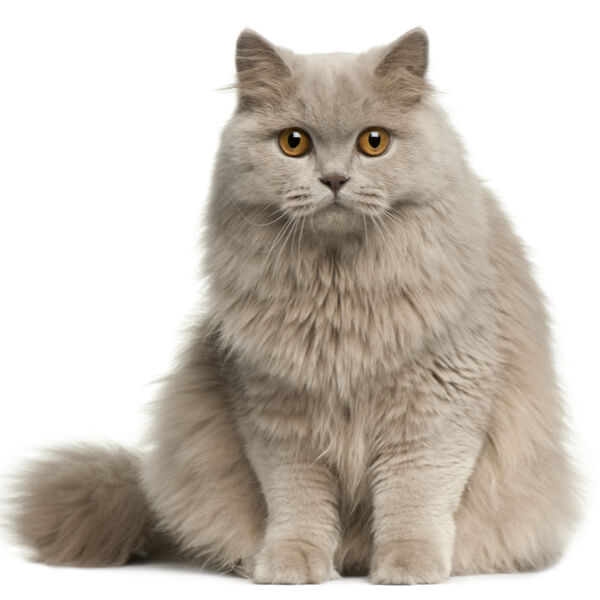

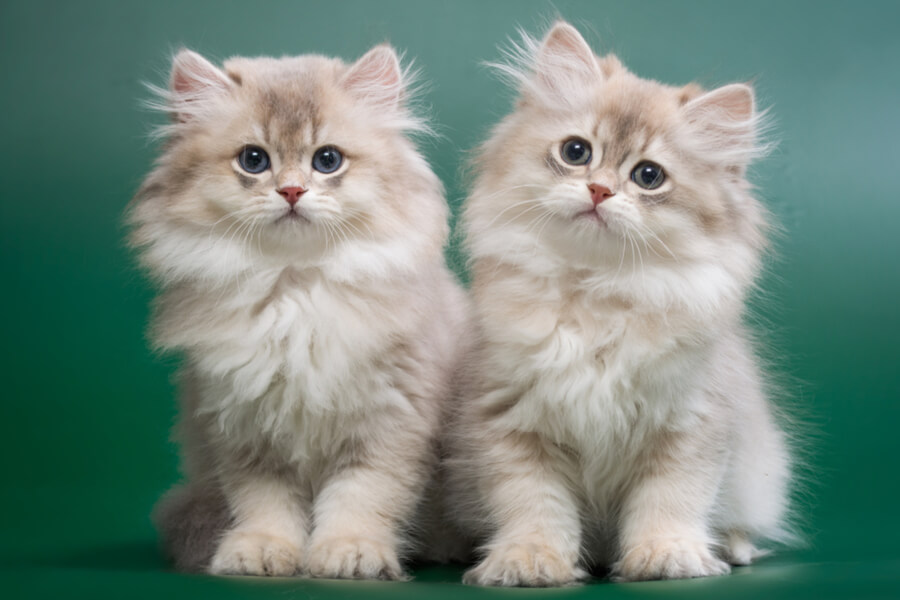


The origin of the British Shorthair (from which the British Longhair is derived) started with cats imported from Egypt that went with the Romans when they occupied Great Britain. Between 1914 and 1918, crosses were made with Persians, alongside other long-haired breeds, to establish the longhair gene. Felines with short coats were part of the British Shorthair and cats with Longhair went into the Persian breeding programs. In the beginning, the Blue Shorthair consisted of two separate types: the compact British with rounded heads, and the sophisticated Russian with triangular heads. The two types competed together and were interbred before finally separating into different breeds.
After World War I, the Governing Council of the Cat Fancy stated that only third-generation descendants of Persian and British Shorthair crosses could be shown. This decreased the breeding stock. After World War II, the British Shorthair lines pretty much vanished altogether, so breeders began crossing with domestic shorthairs, Persians, and Russian Blues, among others.
Today, the impressive British Longhair is a fitting companion breed to the British Shorthair, that finally obtained championship status by The International Cat Association in May 2009.
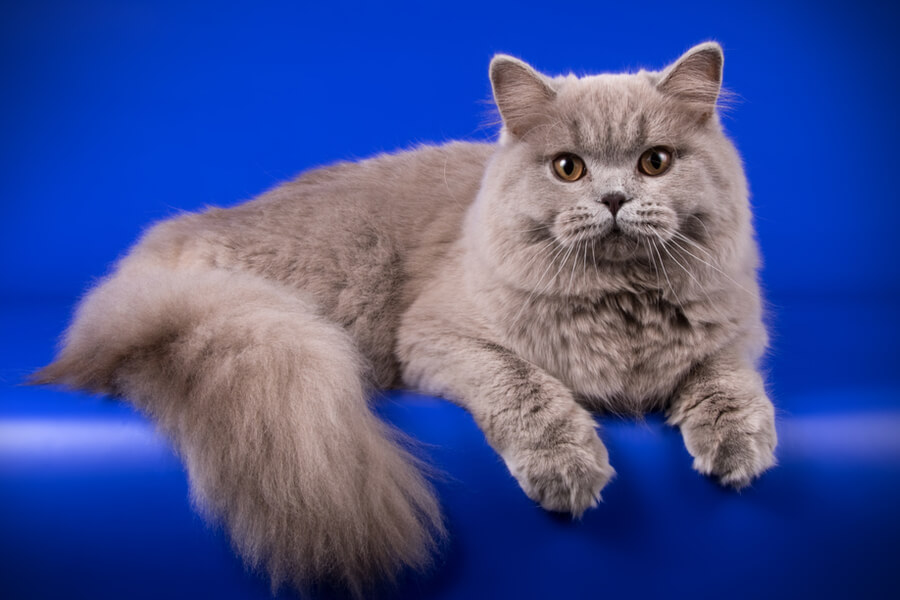
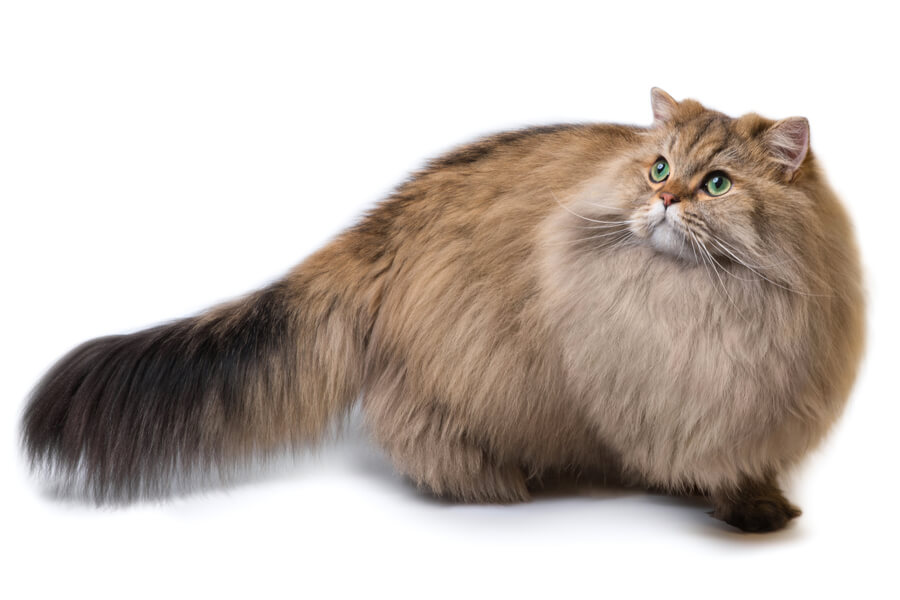
British Longhairs are medium-sized cats with long, silky coats and adorable round faces. These beautiful cats have large round eyes that are incredibly expressive. This, alongside their charming ‘Cheshire cat’ expressions, give this cat breed a lovable and elegant charm. Under all of their fluff and fur, these cats have strong, muscular bodies. On average, a British Longhair can weigh anywhere between 3.6 and 7 kg, with male cats generally being significantly heavier than females.
The coat of British Longhair cats is thick and straight, typically standing away from their body which makes these cats appear to be larger than they are. Their long coats are plush, dense, soft, and come in various colours, including lilac, black, and chocolate. They can also have a ticked, bi-colour, or colourpoint pattern. British Longhairs shed lightly compared to other longhaired cat breeds however, they still have a thick undercoat which requires regular daily grooming to maintain.
British Longhairs are often compared to British Shorthair and Persian cats in appearance. In fact, the British Longhair follows the same breed standard as the British Shorthair, except for its soft and long coat. The British Longhair's stunning mane is the result of the Persian side of their genealogy.
British Longhair cats integrate many of the features of British Shorthair cats and Persians. They are quiet, well-tempered cats that adapt well to various home environments. As with most cats, they enjoy the love and attention of 'their' family, especially when it comes to affection and playtime.
It is essential that you provide plenty of opportunities for play and exercise as British Longhairs are at risk of obesity because of their laidback natures. These cats enjoy spending time in the great outdoors however cats should only be allowed outside if it is safe to do so. The British Longhair is a very gentle cat that likes mental stimulation. Give your British Longhair a variety of toys which can be anything from balls to classic toy mice to stimulate their hunting instincts. Or you can provide them with a selection of intelligence games. Always remember that it is important to reward any cat that gets the hang of a new game as a form of positive reinforcement.
Because of their laidback natures, British Longhairs are suited to various living environments. These calm, easy-going characters are patient and affectionate which makes them the perfect choice for families with young children and frequent visitors. British Longhairs are known to be very social and adapt to change well. Compared to many other cat breeds they are also very lenient with curious toddlers and cope well during noisy dinner parties!
British Longhairs are not clingy cats. They are happy to be left alone while you head off to work or social gatherings. Their independent spirits also make these cats fairly determined and self-assured. They prefer to do things on their own terms and may not respond to owners who are wishing to start a play session if they aren't in the mood! However, you will still want to make quality time for your feline companion, to show him your love and affection. Lots of attention, cuddles, and the presence of other pets in the home, will keep these gentle giants from getting lonely.
These gorgeous cats are not overly vocal but they have been known to strike up short conversations with their human companions if they want something; whether it’s food, water, or affection. They are quiet and low-key felines that rule their indoor kingdoms with a relaxed demeanour. They look before they leap and do not often perform high-flying acrobatics like some of the more energetic breeds. They are content with their own company and have no problem quietly entertaining themselves in the absence of their human companions.
If you are looking for a gentle, cuddly feline companion who can handle various lifestyles and living spaces, the British Longhair is a great fit for you. These easy-going cats are well-suited to family life, regular travels, and most other living situations, as long as they get plenty of love, attention, and care.
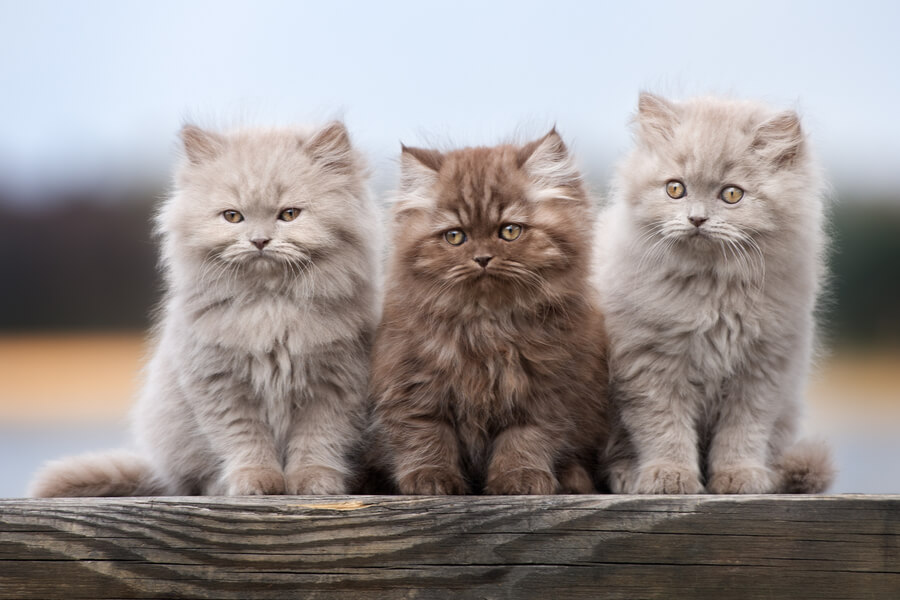
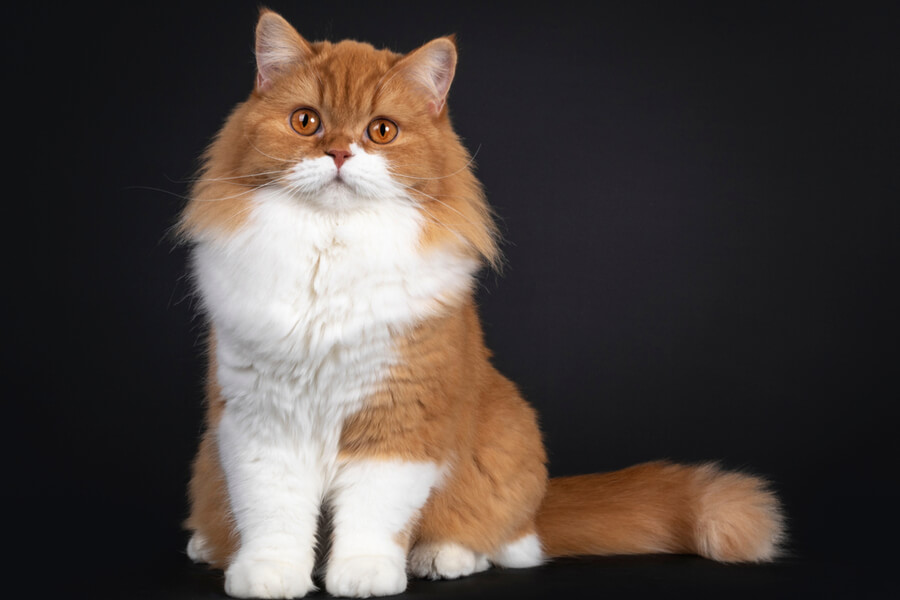
When a British Longhair is appropriately socialized and trained at an early stage, it will grow up to be a well-mannered and well-rounded cat.
Due to the high intelligence of British Longhair cats, it is important to regularly challenge their brains and keep them attentive by teaching them commands, games, and tricks. You can also give them puzzle toys that will reward them with treats or kibbles when they learn how to manipulate them.
Grooming can be a bit of a chore with British Longhair’s, due to their long signature locks. You will need to brush your British Longhair at least several times a week using a bristle brush; working lightly and in small sections. Bathing needs are occasional since this cat breed mostly takes care of cleaning on its own. Because of their regular self-grooming, British Longhair’s are prone to swallowing bits of their hair, which can lead to the development of hairballs. Help your cat out by brushing him more often or by providing hairball relief treatments.
Cats must get used to combs and brushes from an early age to avoid matted fur, especially long-haired cats. There's a wide variety of cat combs and brushes available on the market, depending on what works for you and your cat. You can start with a very soft brush that does not pull at fine kitten fur or damage their skin. Each time you have finished brushing, give a small treat. If regular coat care does not cause any issues or problems for you or your cat, you can try more effective combs and brushes when they reach adult age.
Daily dental hygiene is the best option; however, weekly brushing is considered to be adequate. Brushing a cats' teeth is essential as it helps to prevent periodontal disease. For their stunning round eyes, you can wipe the corners with a soft, damp cloth to eliminate any eye discharge. Make sure to use a separate part of the damp cloth for each eye to avoid the risk of spreading any eye infection.
Check the ears weekly. If their ears look dirty, wipe them out with a cotton ball or soft damp cloth moistened with a vet-approved ear cleaner. If the ear has a foul odour, it is best to contact your vet for treatment.
Litter boxes should always be clean as cats are very picky about bathroom hygiene. If it is left unclean, then your cat may choose to use other places in the house.
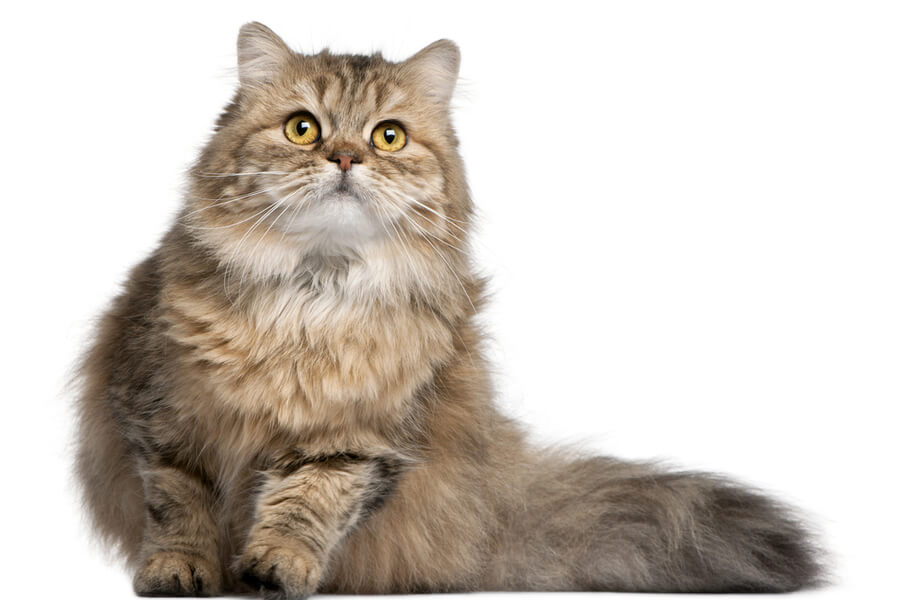
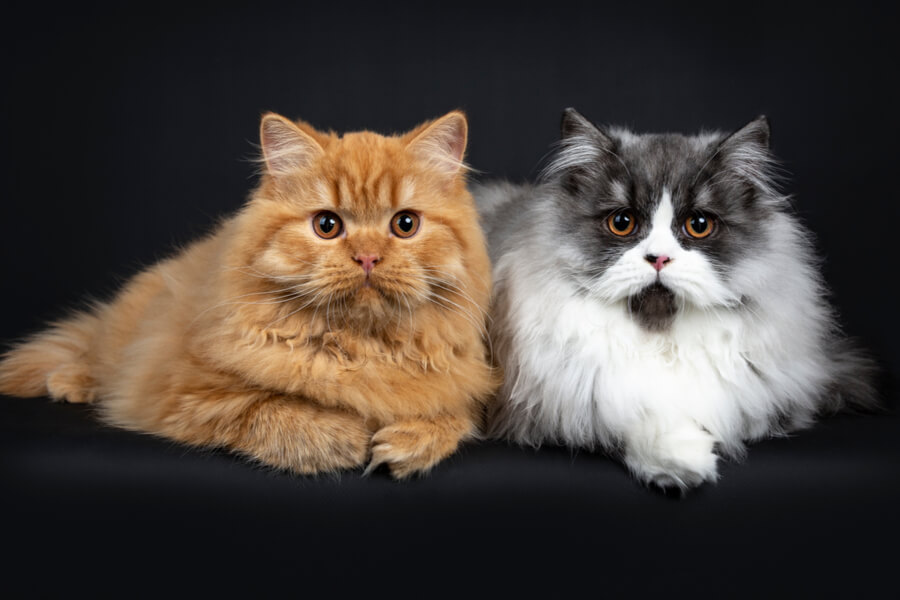
British Longhairs are generally healthy cats. With proper care, exercise, and a high-quality diet, the average life expectancy of this breed is between fourteen and eighteen years but they can live up to 20 years. However, the British Longhair is prone to some of the common health conditions that plague their shorthaired cousins. The main ones are:
British Longhair cats love their food! This trait, combined with their sedentary ways, can make these cats gain weight very quickly. For this reason, it is vital that you keep a watchful eye on your cats' portion sizes to maintain a healthy weight. British Longhairs are heavy, solid cats, but that weight should come from their huge muscular bodies, not from excess food. Encourage these cats to play to burn off calories, which will also help to tone their muscles at the same time. Provide them with teaser toys and lots of gymnastic entertainment. You can also train your cat to play games like fetch or encourage them to chase a laser light to give their muscles a real workout. However, bear in mind that these cats like to play on their own terms and may need some encouragement on occasion.
British Longhairs are affectionate and relaxed when around children. However, it is important to note that these cats do not like to be picked up. Parents will need to teach their children not to scoop up these adorable cats and meet them on the floor to play and pet instead.
The social and laidback British Longhair is a perfect choice for families with children and cat-friendly dogs. They adore the attention they receive from children if they are treated politely and respectfully.
These cats can thrive with other cats and dogs who respect their authority. But, as always, it is best to introduce pets gradually and in controlled environments to reduce the risk of aggression and territorial behaviour's.
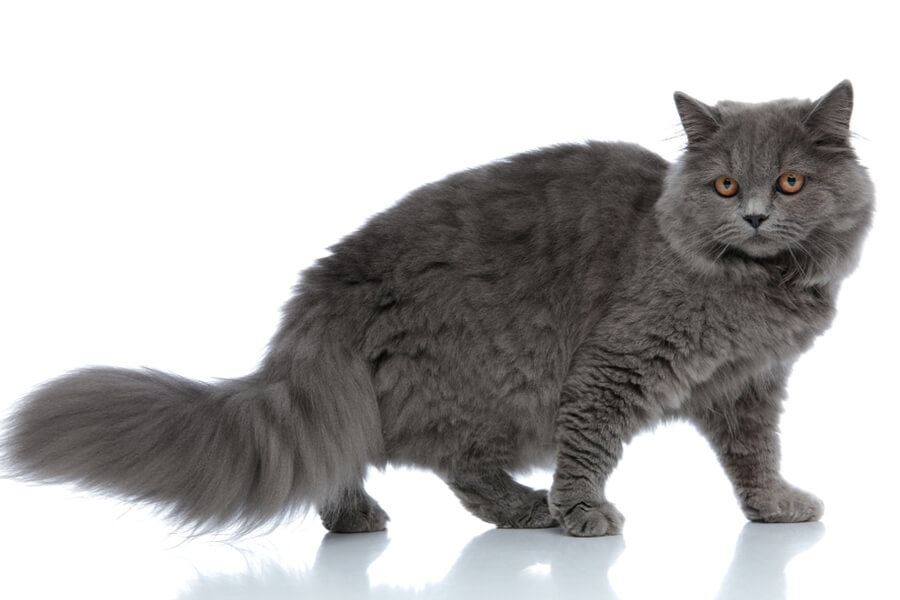
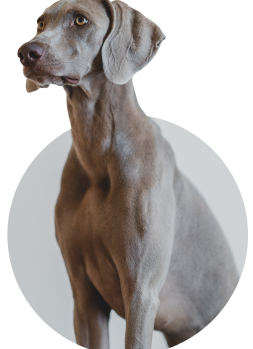
We can connect you with Breeders that are specialized in this particular breed.
See available kittens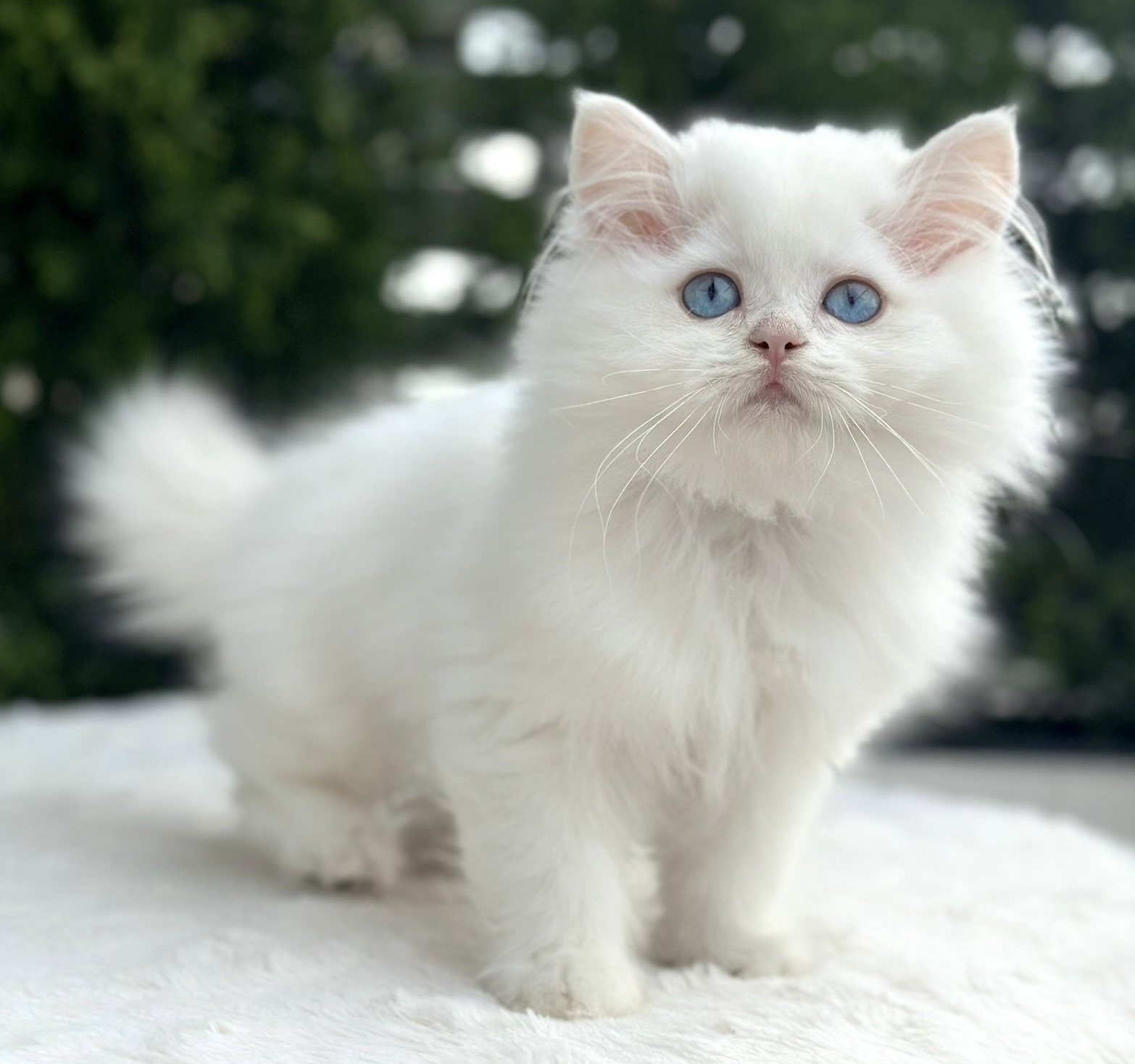
29-03-2024
Breed: British Longhair
Location: Poland
Breeder: British Shorthair and Longhair Breeder #233
Gender: Female
Ready To Go Home: I'M READY TODAY!
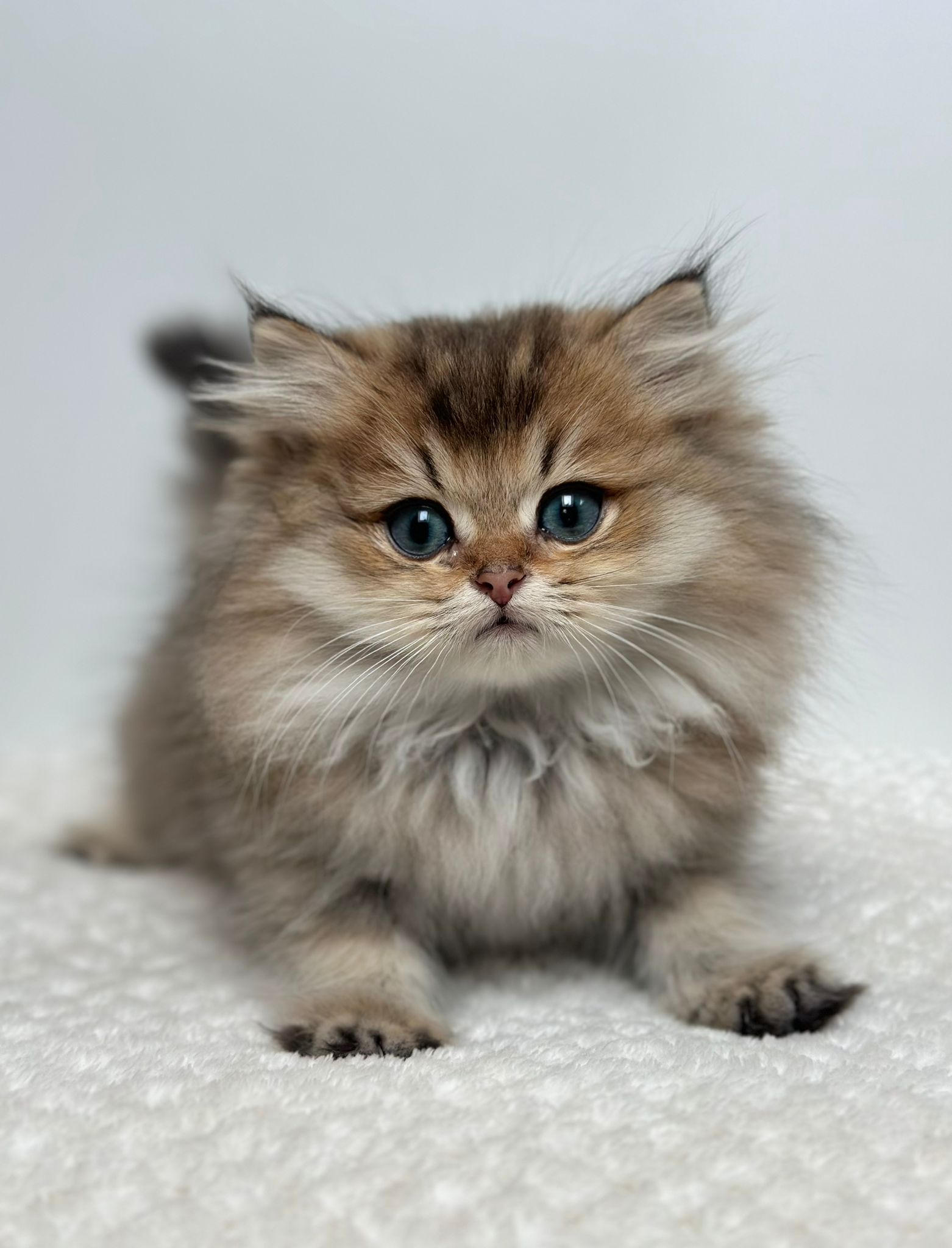
21-07-2024
Breed: British Longhair
Location: Poland
Breeder: British Shorthair and Longhair Breeder #233
Gender: Male
Ready To Go Home: I'M READY TODAY!
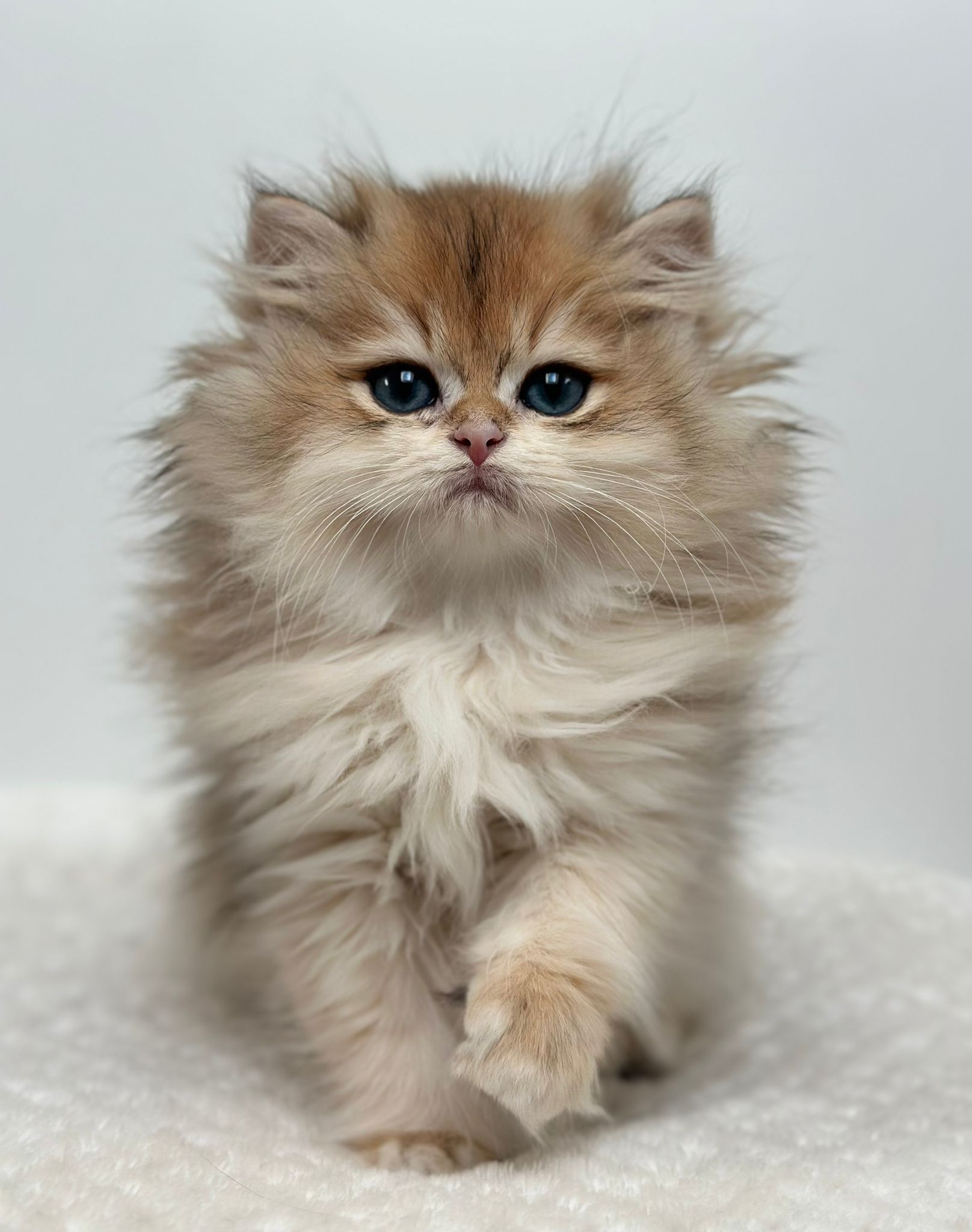
16-07-2024
Breed: British Longhair
Location: Poland
Breeder: British Shorthair and Longhair Breeder #233
Gender: Male
Ready To Go Home: I'M READY TODAY!
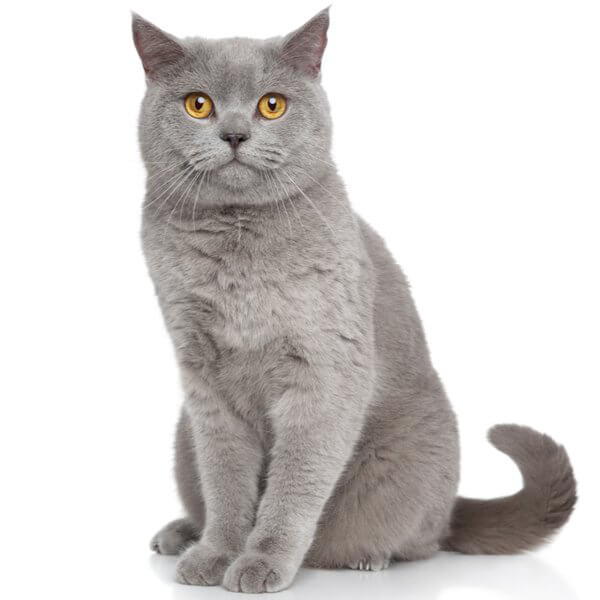
United Kingdom
Size : Medium
Coat : Short
Registration : GCCF, TICA, CFA, FIFe
Vocality : Low
Hypoallergenic : No
Grooming : Once a Week
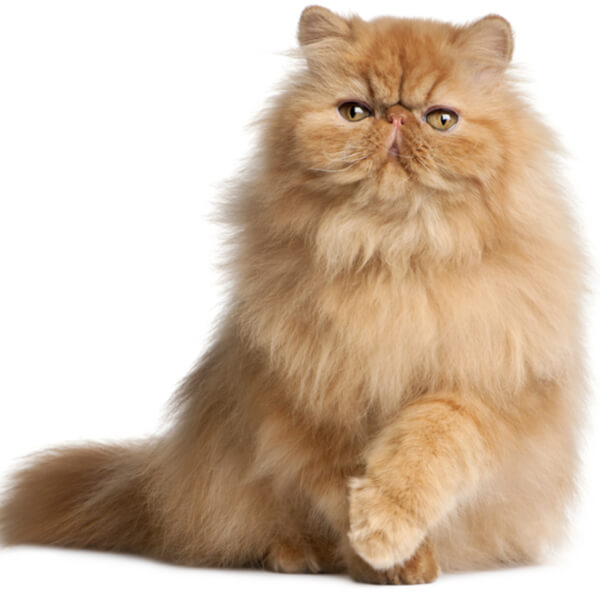
Iran
Size : Medium
Coat : Long
Registration : GCCF, TICA, CFA, FIFe
Vocality : Low
Hypoallergenic : No
Grooming : Twice a Week
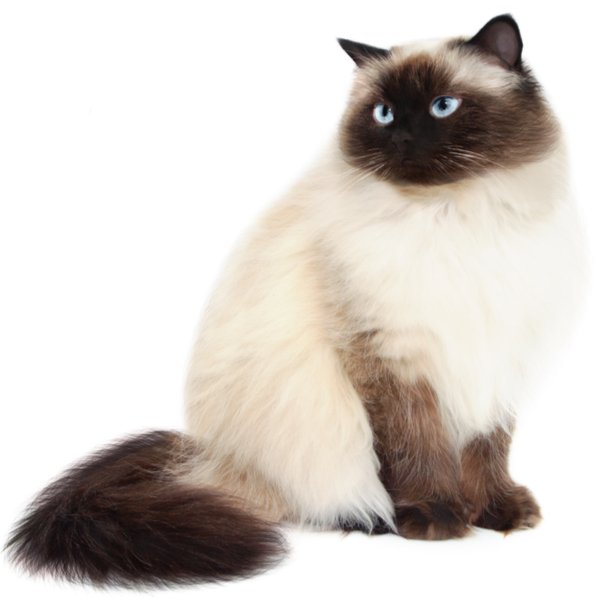
United States of America
Size : Medium
Coat : Long
Registration : TICA, FIFe
Vocality : Low
Hypoallergenic : No
Grooming : Everyday
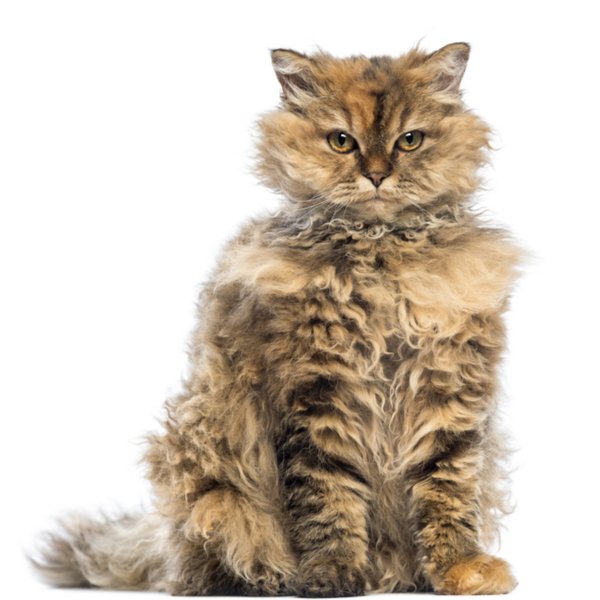
United States of America
Size : Medium
Coat : Long
Registration : GCCF, TICA, CFA, FIFe
Vocality : Low
Hypoallergenic : No
Grooming : Twice a Week


Need some advice?
Whether you're a first time pet owner, an experienced pet owner, a new or long-time breeder, or just curious about pets, we've got you covered!
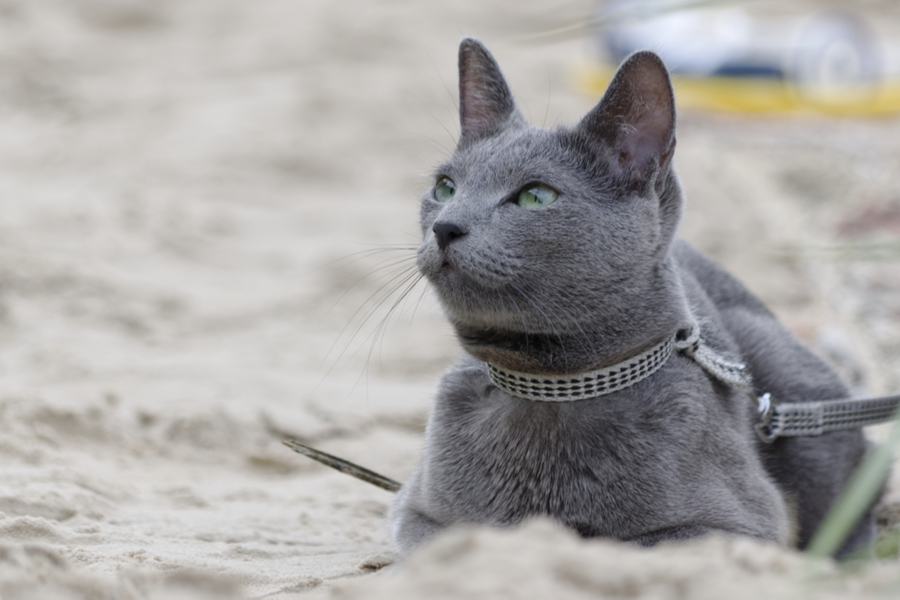
January 17, 2024
What Is The Personality Of Russian Blue Cats?
Russian Blue cats are most known for their distinctive shimmery blue-silver coat and piercing green eyes. However, this breed’s calm and gentle temperament is what makes them shine the most in the feline world.
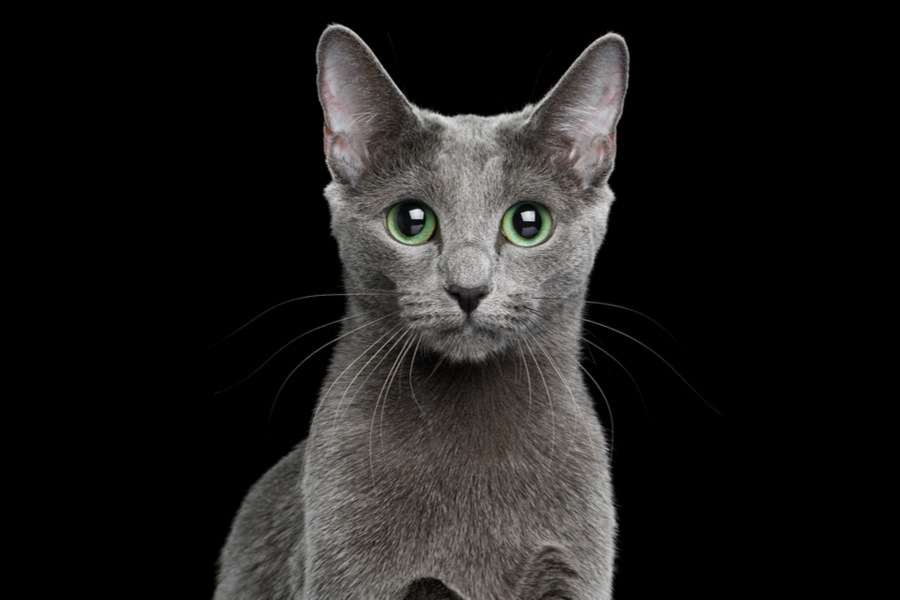
January 17, 2024
10 Facts About Russian Blue Cat Breed
Russian Blues are one of the most aesthetically stunning cat breeds, with a gorgeous plush silvery coat and vibrant green eyes. However, it’s not only their appearance that is beautiful; their nature is too.
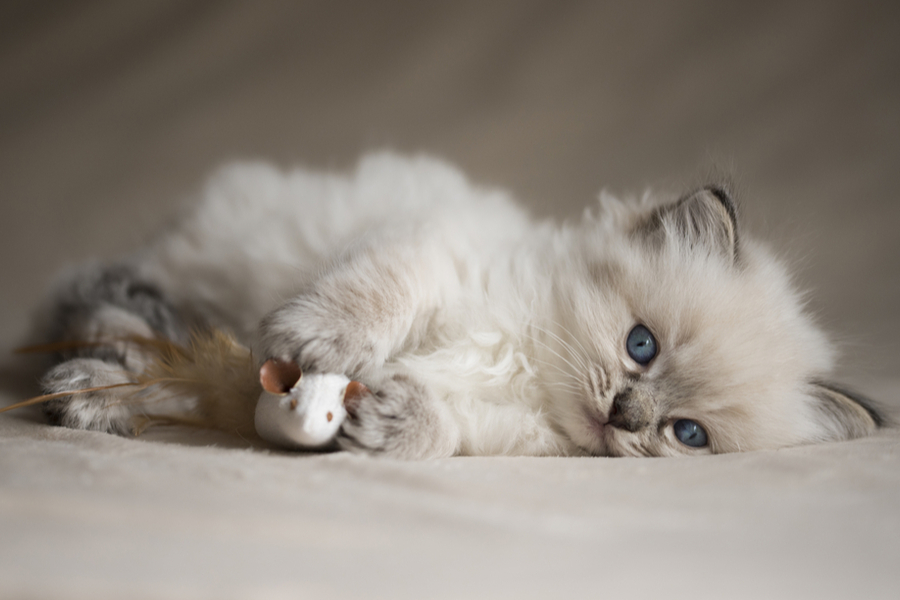
January 17, 2024
How To Choose The Right Cat Breed for You
Cats can make the most fantastic animal companions; they are adorable, friendly, and loving. However, not all felines are created equal. There are many different breeds, of which each has its unique personality traits.
Need some help?
Contact us to speak to our friendly advisor, who will gladly help you find your dream pet!



We are registered in England and Wales under registration number 12568840,
and our registered office is at 58-60 Kensington Church Street, W8 4DB London, England.
© 2023 The Pedigree Paws